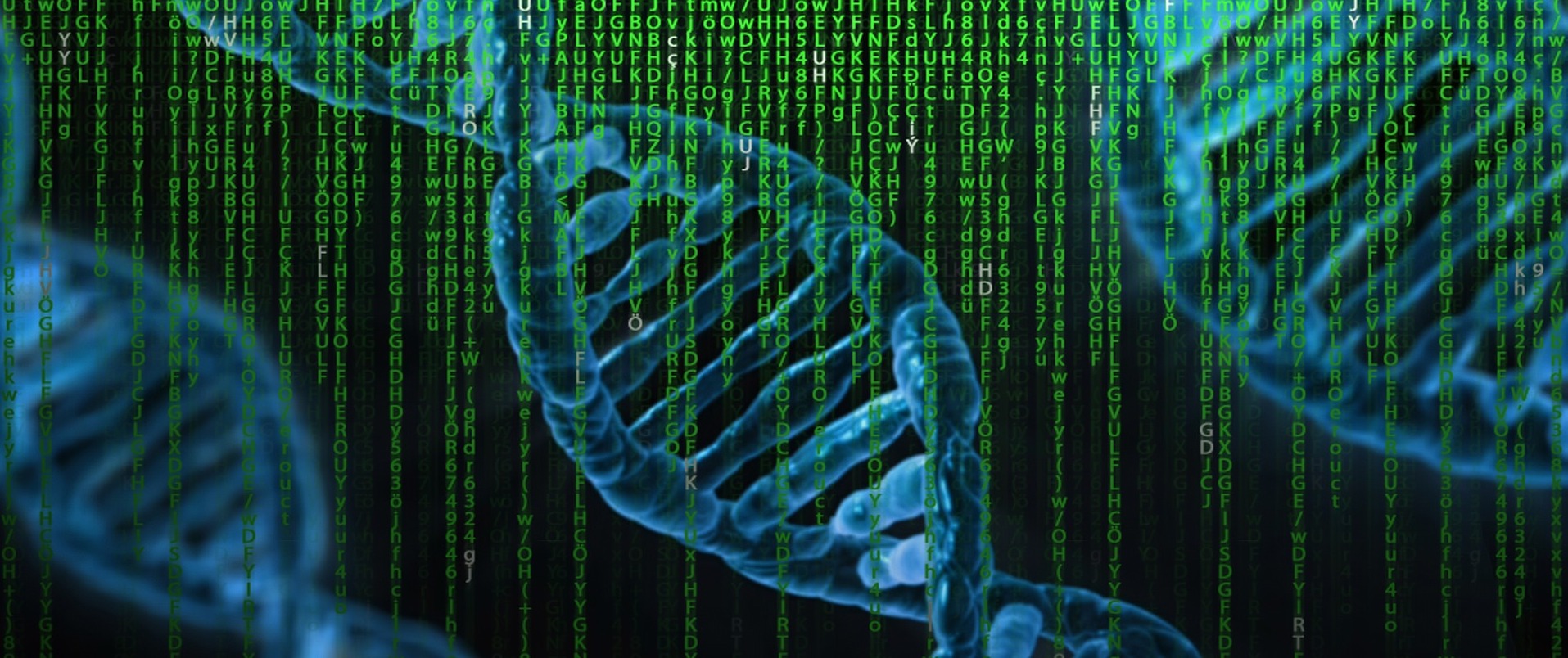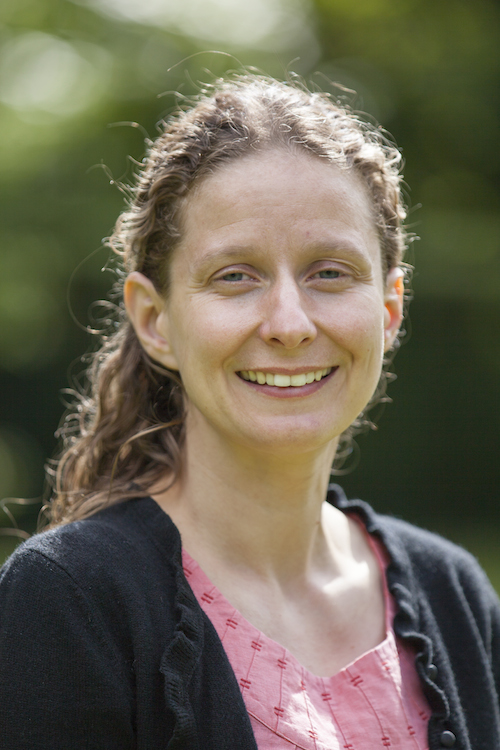
Pixabay
Scientists have had a remarkable technique available to them in the last few years. A new editing system called CRISPR-Cas (biologists like acronyms as much as anyone) has made it possible to accurately change the genetic code – like guiding a pair of scissors to exactly the right spot in a text.
This technology has been used to heal genetic disease in children, such as Daniel who suffered from Wiskott-Aldrich Syndrome. Cells were taken from his bone marrow and cultured in the lab, the faulty genes were replaced, and the ‘healed’ cells were put back into his body. Daniel has not suffered from the severe asthma and inability to fight infections that afflicted his older brother, and he is now alive and well aged 18.
But what about the ethical issues around this new technique? Should it be used to modify embryos? What about going beyond healing to enhance human capabilities? In his seminar at The Faraday Institute last October, the former Director Dr Denis Alexander discussed a range of different approaches to ethics, and the way in which a range of worldviews can profoundly shape the way we do ethics. In this post I will summarise what Alexander said about his own worldview, Christianity, and how it informs his attitude to gene editing.
Christians believe that we are made ‘in the image of God’, a value that is rooted in the deeply theological text of Genesis 1: “So God created humankind in his own image, in the image of God he created them; male and female he created them” (NIV UK). In ancient Egyptian and Mesopotamian cultures, this phrase was only used to speak of kings or priests, so Genesis is something of a revolution. Everyone – male and female – is called by God to represent him and rule over the earth. The gift of being of great value in God’s eyes belongs to every person, regardless of their physical or mental state. So when someone is sick they are cared for, and both giving and receiving care affirms our status of bearing God’s image.
For the Christian, the Bible does not give a list of rules about how to live, but a framework of values that can be used to inform and construct our ethical toolkit. Jesus demonstrated his love for everyone, regardless of their background, race, gender, or genetic background. He healed people as a sign that God reigns over everything – his kingdom includes the whole earth. Healing now is a sign pointing forwards to the resurrection of everyone who follows Jesus, in the fully-fulfilled Kingdom of God when everything will be restored to the way it should be.
Christians have different views on the status of the early embryos. Some think the fertilized embryo is a potential person made in the image of God and should be protected, so would object to the embryo wastage involved in the IVF which would always be involved in editing genes in early embryos. Others think the embryo takes on the value and status of a person more gradually, but might object to embryo editing for different reasons. Should we really use a costly and risky procedure to modify embryos, when it is possible – using a procedure known as Preimplantation Genetic Diagnosis [PGD] – simply to identify healthy embryos and implant those, leaving on one side those carrying faulty genes? [Another view was not mentioned in the seminar, but others would advocate for adoption as a way to have a family when parents are at risk of passing on a serious disease to any biological offspring they might have.]
Christians can now walk the path of healing by gene modification in newborn children, where the treatment is available and affordable. Genetic editing of embryos is currently illegal in the UK [and since Alexander gave his seminar, one scientist hit the headlines by announcing the birth of genetically modified twins, causing a huge international controversy.] If parents know they have a chance of passing on a serious genetic disease before having children, they could potentially ensure they have healthy children by PGD, if they are comfortable with that route [or adoption].
Gene enhancement is a different kettle of fish entirely. One might ask, would adding to or optimising our capabilities in different ways spoil the image of the creator in us? For a Christian, life is a gift – so one could ask how was that gift meant to be used? Our values include kindness, humility, love and generosity – the ones that foster relationships and help communities to flourish. Those values are needed most when communities are diverse, with every person having limitations and weaknesses that lead them to lean on others.
Ultimately our view of the future will inform how we behave and view our bodies today. For the Christian that future involves a physical resurrection and the restoration of the whole created order. As Ted Peters puts it: “God calls each of us individually and the human race as a whole toward a divinely appointed end or goal, namely, our true humanity in participation with a redeemed and healed creation”. For Denis Alexander, this entails not the cartoon image of angels playing harps on clouds, but a new heavens and a new earth with resurrected persons enjoying completely fulfilled lives with God and each other, not as a result of their techno-scientific striving, but as a result of God’s grace.
You can listen to the full recording of the seminar on the Cambridge University website.

© Faraday Institute
Ruth Bancewicz is Church Engagement Director at The Faraday Institute for Science and Religion. She studied Genetics at Aberdeen and Edinburgh Universities, and spent two years as a part-time postdoctoral researcher at the Wellcome Trust Centre for Cell Biology in Edinburgh, while also working as the Development Officer for Christians in Science. Ruth is a trustee of Christians in Science, and a Fellow of their US counterpart – the American Scientific Affiliation.




